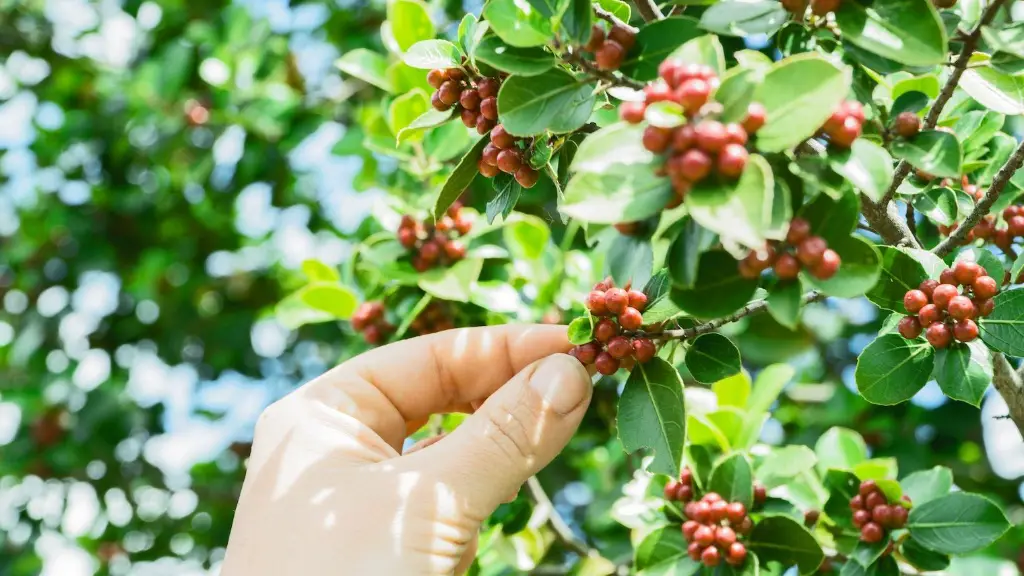Coffee is a ubiquitous beverage around the world, many people considering it part of their daily routine. But when it comes to coffee and breastfeeding, the answer isn’t so clear-cut. While coffee may be part of your daily diet before you become pregnant, it can present challenges for breastfeeding mothers since some of the caffeine does make its way into breast milk. Here, we dive into what experts say about coffee and breastfeeding so you can make an informed choice.
Caffeine is absorbed into breast milk and is passed along to the nursing baby. Caffeine has long half-life, meaning it takes up to five hours to clear from the body. Since coffee is one of the most popular sources of caffeine, many breastfeeding mothers wonder if coffee consumption is bad for breastfeeding. The answer is not as straightforward as many think.
Most experts recommend limiting caffeine intake during breastfeeding. Recent research suggests that high doses of caffeine , more than 500-600mg per day(about 4-6 cups of coffee), can be passed through breast milk and may affect infant sleep patterns. Drinking coffee, however, is not always a bad thing. Research also suggests that moderate coffee consumption by breastfeeding mothers is not associated with any adverse effects in the baby.
The key is to find the right balance between caffeine consumption and breastfeeding. Many health experts suggest limiting caffeine intake while breastfeeding to less than 300mg per day. This equates to two to three cups of coffee or up to seven sodas per day. If you are worried about the effects of caffeine on your baby, consider talking to your health care provider about the best amount for you.
So, is drinking coffee bad for breastfeeding? While there may be concerns about the potential effects of caffeine on breastfeeding infants, the answer is not so straightforward. The key to minimizing the potential risks is to practice moderation and cutting back gradually on your caffeine intake if you plan on breastfeeding for an extended period of time.
Risks of Consuming Too Much Caffeine
When it comes to caffeine and breastfeeding, the risks of consuming too much include potential interference with sleep, increased anxiety and digestive issues. Research suggests that the caffeine content in breast milk is dose-dependent, meaning the higher the caffeine intake, the more a person consumes, and the more caffeine makes its way into the nursing infant’s system. Caffeine is known to increase alertness and heart rate, which can interfere with your baby’s sleep patterns if consumed at high doses by the breastfeeding mother, and can also lead to irritability and restlessness in infants. What’s more, some research has shown that excessive caffeine intake during breastfeeding can result in sleep disturbances in infants, while higher doses can also cause too much stimulation, making it harder for babies to rest.
It’s worth noting, however, that the effects of caffeine on infants may be based on individual tolerance and other factors such as genetics. Therefore, it is important for nursing mothers to monitor their infants for any signs of distress after caffeine consumption.
Caffeine and Its Impact on Breast Milk
Caffeine is broken down by the enzymes in the baby’s digestive tract, and the amount of caffeine that reaches the baby’s system depends on the amount of caffeine in the mother’s diet and the enzyme activity in the baby’s digestive system. Research shows that caffeine is detectable in breast milk up to two hours after consumption and the peak concentration of caffeine in breast milk is between 1-2 hours after consumption.
Most of the research so far has focused on caffeine’s impact on breastfeeding infants. However, there is also research looking into the effects of caffeine on breastfeeding mothers. One study conducted at the University of Vienna, Austria, looked at the effects of caffeine on the hardness of breast tissue in breastfeeding mothers. The study showed that caffeine intake was associated with increased breast hardness and pain, suggesting that caffeine may have an indirect effect on breastfeeding by making the breasts less pliable.
The takeaway from this study is that the impact of caffeine on breastfeeding, for both mothers and infants, must be taken into consideration and, in general, moderation is key. As a nursing mother, you should monitor your caffeine intake and consult with your healthcare provider if you have any concerns.
Strategies for Cutting back on Caffeine
Reducing caffeine intake when breastfeeding can be tricky because it is found in coffee, tea, soda, energy drinks, and even chocolate. Here are some strategies to help you cut back:
• Switch to decaffeinated coffee or tea: Many types of coffee and tea are available in decaffeinated versions, so you can get your caffeine fix without going overboard. If you’re a coffee lover, you may even want to try pour-over or cold brew coffee.
• Try herbal tea: Most people enjoy the taste of herbal tea, which is naturally caffeine free. You can also try making your own herbal teas by steeping fresh herbs or dried herbs in hot water.
• Avoid energy drinks: Energy drinks are typically loaded with caffeine and should be avoided while breastfeeding.
• Cut back slowly: If you’re used to drinking a lot of caffeine, it might be hard to cut back all at once. Start by reducing your intake gradually over a week or two until you reach your desired level.
Alternative Sources of Stimulation
If you’re finding it difficult to cut back on caffeine, you may want to explore alternative sources of stimulation. Exercise, relaxation techniques, and getting enough sleep are all great ways to increase energy levels without relying on caffeine. Taking a walk in the park or engaging in your favorite hobby can also be great ways to reduce stress and increase alertness without relying on caffeine.
Finally, don’t forget to find time for yourself. Being a parent, especially a new parent, can be overwhelming, and finding time for yourself can help replenish your reserves of energy and reduce stress. Take a few minutes each day to do something for yourself, such as reading a book, meditating, or having a cup of tea.
Timing Your Caffeine Intake
Apart from reducing your overall caffeine intake, you can also try timing when you drink your coffee. Many experts suggest having coffee a few hours before nursing or after you’ve finished nursing. This will give your body a chance to metabolize the caffeine and will reduce the amount that is passed on to your baby. Some mothers also find that drinking coffee prior to nursing can help them feel more alert and focused during their nursing sessions.
In conclusion, while drinking coffee while breastfeeding is not always a bad thing, it is important to practice moderation, particularly as you get closer to nursing. If you are finding it hard to cut back on caffeine, remember that there are plenty of other sources of stimulation that can help you get through the day. Talking to your healthcare provider, monitoring your infant’s behavior, and timing your caffeine intake can also help you make the best decision for your baby.




